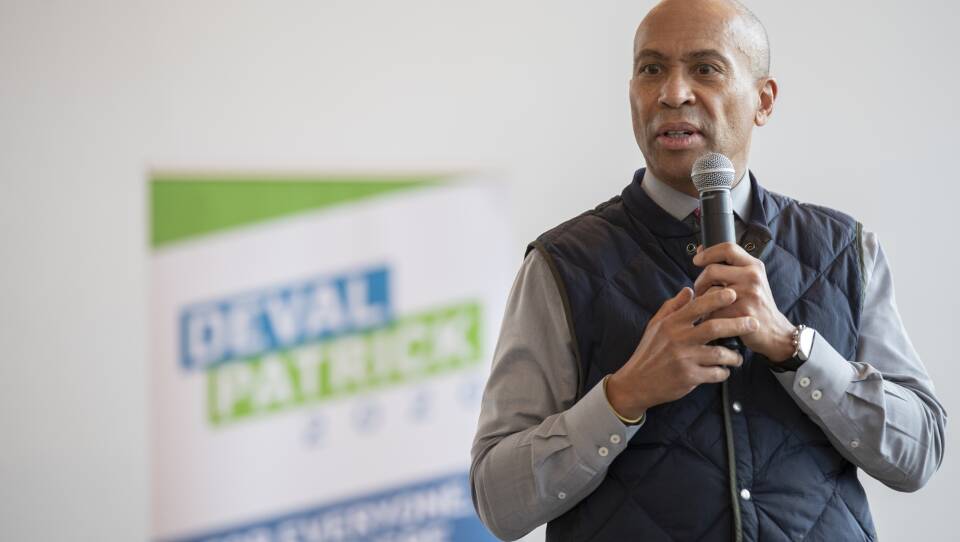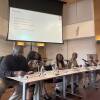Updated at 9:37 a.m. Aug. 2
As the 114th NAACP Convention wrapped up its annual national event in Boston Tuesday, former Massachusetts Gov. Deval Patrick is looking to Boston's future with optimism.
"We aren't at the promised land by any means. But nowhere else in America is, either. But we aren't what we were," said Patrick, who was elected as the first Black governor of Massachusetts in 2006, on Boston Public Radio Tuesday.
It’s the first time the convention has been held in Boston since 1982 , and many were hopeful that its return could shine a better light on the city, whose history is often shadowed by a reputation for racism. Patrick said the return of the convention alone would not resolve Boston's lingering issues with equity, but it may provide a path forward in the eyes of the nation.
"We don't need to be afraid of our history. You don't have to hate our history, or hide from it, to love this country. You don't have to hate the history, or hide from the history, of Boston to love Boston or love the commonwealth," he said. "We aren't going to shape a future of our own that is welcoming and inclusive unless we face that history and are knowledgeable about it and committed to overcoming it. And I think we're making that progress."
Patrick introduced the "Closing the Black Wealth Gap" panel at the convention Tuesday, where leaders including NAACP President Derrick Johnson and Massachusetts’ Secretary of Housing and Economic Development Yvonne Hao discussed economic racial disparity and possible paths to close the gap.
A 2015 study found the median net worth for white families in the Greater Boston area was just under a quarter of a million dollars. For Black families, the median was eight dollars. The widely repeated statistic galvanized local activists and leaders to try to close the yawning gap.
But Patrick said the persistent economic disparities and right-wing extremism are not a recipe to simply give up — rather, he argued it was necessary for Democrats to continue to play "the long game."
"I don't permit myself to be discouraged. I feel like I don't have the luxury. I mean, if my ancestors had said it's hopeless, I wouldn't be standing here right now," Patrick said. "I owe it to them and to my own understanding of history, and its long arc, not to not to give up on people who don't already agree with you."
Looking beyond Boston, Patrick said national candidates often appear out of touch — unless a voter lives in a battleground state, it may feel like national elections don't impact people. But it's a system, he said, that did not evolve by mistake.
"The hard right has been very innovative over long period of time and very patient. And I think if we understand that, we will have a successful participatory democracy, not just if we demand it, but actually we work for it in all the ways that we can," said Patrick.
Patrick's remarks and the NAACP closing plenary can be streamed on YouTube .
Correction: A previous version of this story misstated the year Patrick was first elected governor.







